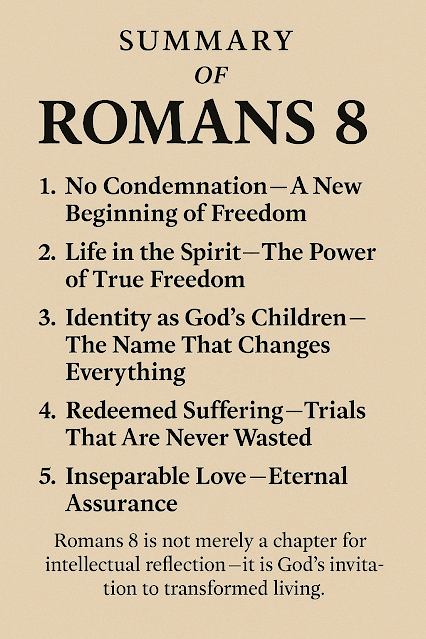The Value of Words
“I know what you mean—even if you don’t say it.”
“You may say it that way, but I understand what’s really in your heart.”
There was a time when this kind of communication held great appeal for us. Even if someone’s words came across as curt or awkward, we tried to read between the lines, to sense the warmth behind them, and accept it. A complaint muttered under one’s breath might still be steeped in affection, and we would embrace that unspoken care—recognizing the dissonance between tone and heart as a uniquely human exchange.
But today, anything less than warmly spoken or emotionally affirming is seldom welcomed. Even if a voice carries love, concern, or comfort, we often fail to recognize it. Rather than tuning in with emotional sensitivity, we build defenses—screening out anything that might bruise us and turning our backs to ambiguity.
We now live in a world where so much must be processed in such little time. We are too busy parsing the literal meaning of things to sense what lies beneath. If someone’s story or message goes on too long or exceeds our tolerance for nuance, we dismiss it as idle chatter or irrelevant noise. We barely even hear one another’s voices anymore. A message is sent when it’s convenient, and read at an equally convenient moment. Though temporal, spatial, and even physical boundaries have all but vanished, our actual conversations have become compressed—dry, and often devoid of emotional texture.
Text strips words of tone, and so misinterpretation becomes common. Surrounded by digital data, even our thoughts and behaviors begin to mimic a binary logic: zero or one. Any expression that doesn’t fall into this efficient dichotomy is relegated to the realm of inefficiency—just background noise, just “extra.”
If we don’t say it, we’re not known. But if we say it “like that,” we’re only known as that. The value of language feels more threadbare than ever. And with the added weight of the pandemic, we’ve lost even more chances to sit face-to-face and simply talk.
Perhaps we cannot change the tide of things. But at the very least, let us hope that in our moments of dialogue, we can open both our hearts and our ears. Let us find enough patience to sit with what’s said, and also with what isn’t. Let us mature into people who can hear the heart behind the words—because in the end, the self I become is shaped through the mirror of others.






Comments
Post a Comment